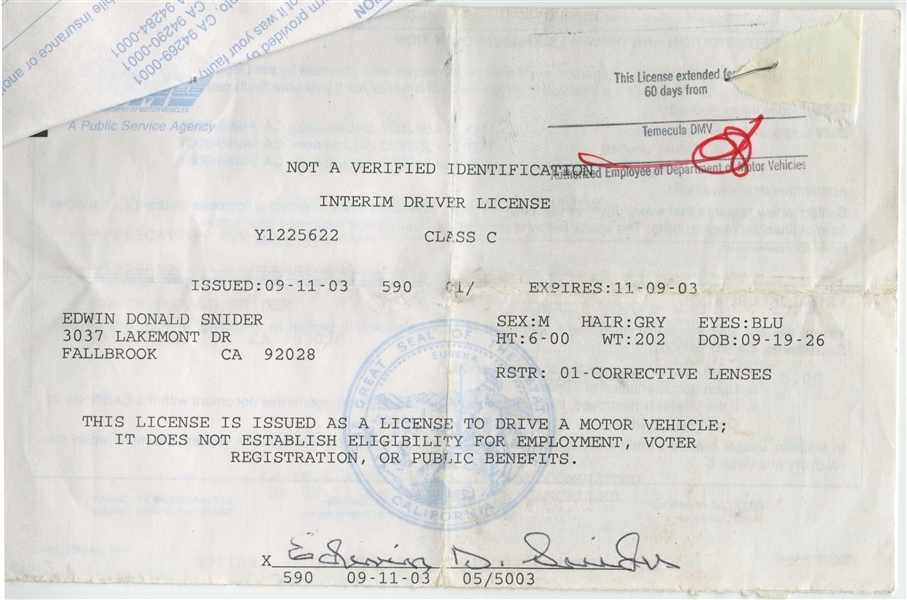
Normally, the fleet manager organizes a central appointment where all drivers can come by the site and register or have their details documented. In the case of a manual check, the fleet manager must have the driver's license presented to him and then document this. On the one hand we have manual control, and on the other hand we have electronic control. In principle, checks on driving licenses can be divided into two categories. Monitoring and feeding into the database must in turn be carried out by the person responsible. In a decentralized organization, which is coordinated across several locations, the fleet manager can entrust the driver's license check to an employee on site. It is important here that the documentation is complete and, at best, even stored in a central, digital location. However, first precedents of the courts have shown that a regular control in 6-month intervals is sufficient. There is no legal definition of the regularity of these checks. However, courts have so far ruled otherwise, arguing that employees conceal the loss of their driving license to avoid losing their job. Often they allow themselves to inform the employer immediately of the loss of the driving license. Many companies try to protect themselves from this by adding clauses in the contract for employee use. he has regularly checked the driving licenses of his employees. He can only not be legally prosecuted if he can prove that he has properly fulfilled his duty to check his driving licenses i.e.



Because as soon as an employee without a driving license gets behind the wheel of a company car, it is the fleet manager to whom it falls back on. Probably the most important duty of a fleet manager, however, is to check the driving license. The role covers everything from procurement, organization and maintenance of the fleet, damage and risk management, to the coordination of contractual partners such as leasing companies and insurance companies. The range of tasks of the fleet manager is broad.


 0 kommentar(er)
0 kommentar(er)
